Key takeaways
- This post explains hyperparathyroidism, including common symptoms, causes, and possible complications.
- It presents diet as supportive (not a replacement for medical care) and highlights general goals like overall nutrition, hydration/electrolyte balance, and calcium/vitamin D guidance from a clinician or dietitian.
- It includes a “prefer” foods section and encourages tailoring choices with a healthcare professional (especially if appetite is low or symptoms are affecting intake).
- It also lists items the post suggests limiting/avoiding—like alcohol, smoking, refined flour/sugar, high-iodine foods, red meat, hydrogenated oils, nitrate-containing foods, and caffeine—based on individual guidance.
In today's world, we all have a hectic lifestyle in which we have to manage our family, children, job, and take care of the home simultaneously. We have become more focused on the external factors in our lifestyle and usually neglect the most crucial aspect—our health. Did you ever realize that our negligence towards our health may cause serious health problems that may be long-lasting? In this article, we'll have a quick look at hyperparathyroidism and what foods to avoid if you have hyperparathyroidism.
What is hyperparathyroidism?
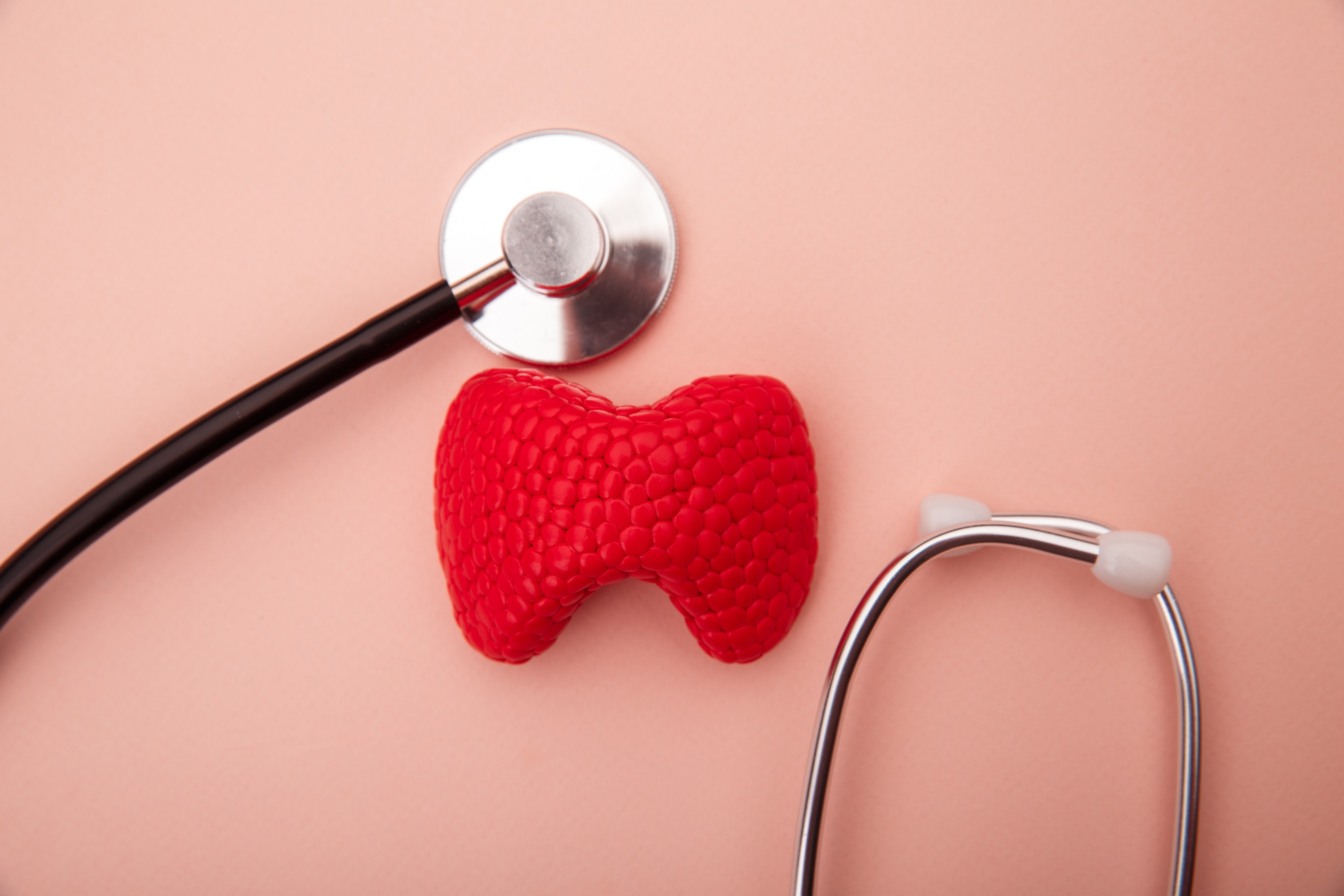
Hyperparathyroidism is a severe condition in which the parathyroid glands in the neck secrete many parathyroid hormones. These pea-sized parathyroid glands are located in your neck and attached behind the thyroid gland.
Parathyroid hormones maintain the level of calcium and phosphate in the body. They keep track of how much calcium is taken from the bones, the amount of calcium absorbed in the intestines, and what is lost in the urine.
Signs and symptoms of hyperparathyroidism
There are several signs and symptoms of hyperparathyroidism, and these are the abnormalities that your body will exhibit. Symptoms are subjective data or anomalies which you can only feel and experience. Signs are the objective evidence that is visible to others also.
If you are diagnosed with the following symptoms, then you might be suffering from hyperparathyroidism.
- Fatigue and weakness (the most common symptom)
- Frequent urination
- Loss of concentration
- Mild confusion
- Excessive thirst
- Depression and anxiety
- Abdominal pain
- Muscle weakness
- Constipation
If high calcium levels are left untreated, then other severe symptoms can arise, such as:
- Muscle spasm or twitching around your mouth and in your hands, arms
- Brittle nails
- Drowsiness
- Bone pain
- Joint pain
- Itching
- Bone loss leading to osteoporosis
- Anorexia or Loss of appetite
- Patchy hair loss
- Dehydration
- Nausea and vomiting
- Muscle cramps and aches
- Nephrolithiasis or kidney stones
- Hypertension or high blood pressure
- Memory loss
- Arrhythmia or irregular heartbeats
All of these indicate that one may have hyperparathyroidism.
What causes hyperparathyroidism?
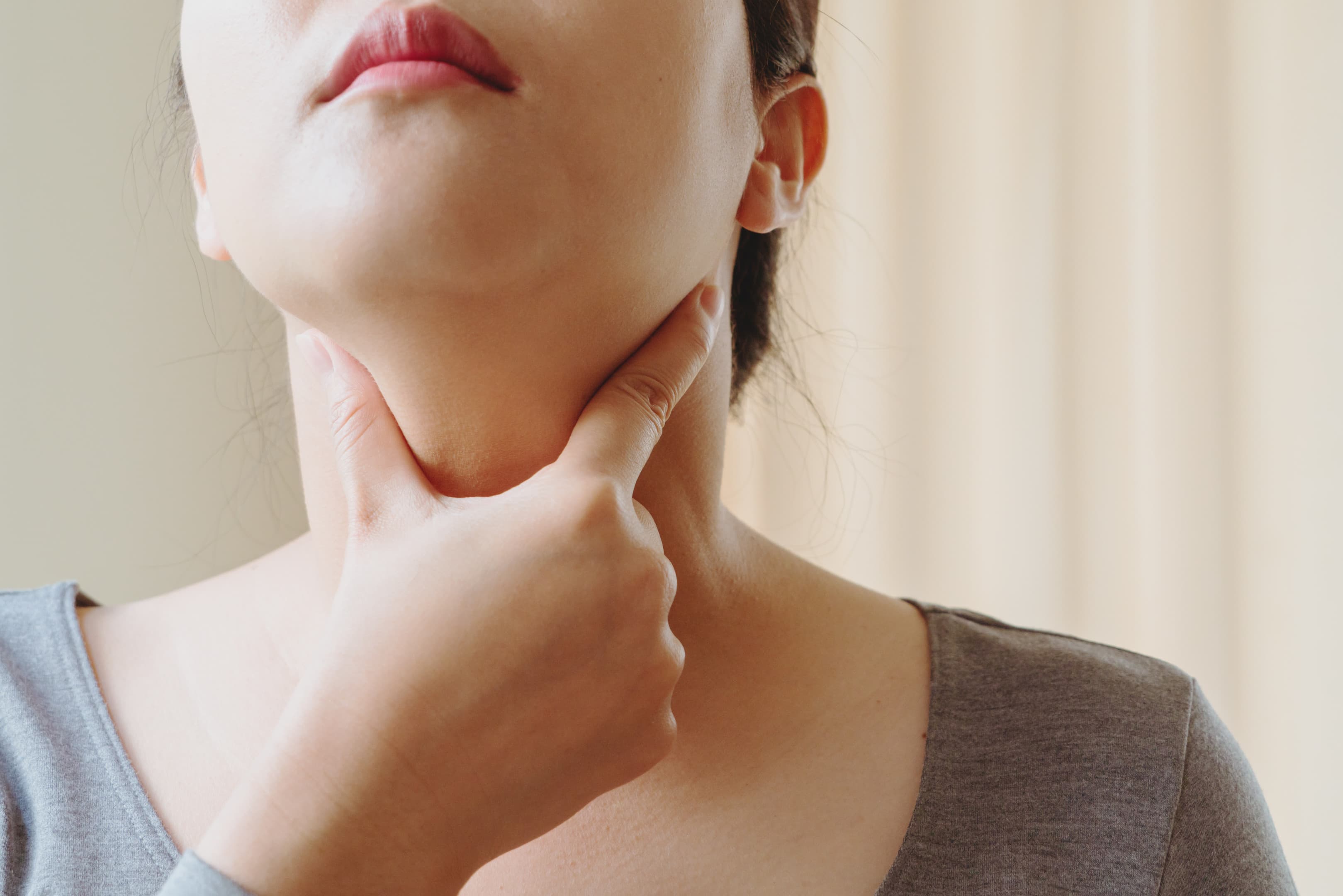
There are two types of causes of hyperparathyroidism.
- Primary cause — When the problem itself lies in the parathyroid glands like a non-cancerous tumor in the gland.
- Secondary cause — Parathyroid glands perform smoothly. Any external cause like vitamin D deficiency or renal failure reduces the calcium level in the body. As a result, the parathyroid glands produce extra parathyroid hormones.
On the other hand, when the secondary causes in the long term start behaving like primary hyperparathyroidism, then it may result in tertiary hyperparathyroidism.
Every effect must have a cause. Similarly, some undesired causes trigger hyperparathyroidism.
Some of the causes include:
- Age and sex — Those who are over the age of 60 are more susceptible to it. As per the statistics, women are also more prone to this disease.
- A benign tumor in parathyroid glands.
- A critical renal disease disbalances calcium level in the body.
- Cancer in parathyroid glands is rare, but still needs to be considered a cause
- If you have undergone neck surgery and that has led to the accidental removal of the parathyroid glands
- Autoimmune diseases — In a few cases, your body's immune system will stop responding normally and all of a sudden attacks parathyroid tissues, as they seem like foreign bodies to them. This ultimately causes massive damage to the parathyroid glands, and ultimately the parathyroid glands stop generating hormones as was done previously.
- Magnesium level — When the magnesium level decreases in the body, it directly hampers the parathyroid hormone's function.
- Addison's disease — Hypercalcemia patients are prone to this condition.
Who is more susceptible to it?
Now, as you understand the causes and symptoms of hyperparathyroidism, it is time to see who is more prone to hyperparathyroidism.
There are several risk factors associated with the disease; they provoke the parathyroid glands in one way or another.
- Similar to other diseases, hyperparathyroidism also affects older persons. Those over the age of 60 are more susceptible to it. However, younger adults also can contract the disease, as well.
- It may be an inherited disease. If your parents or grandparents were affected by hyperparathyroidism, chances are you may be affected, as this disease can be transmitted to you via genes as an endocrine problem.
- If you have been on medication like bisphosphonates and certain other diuretics, you need to be careful, as these may cause side effects.
- Any history of exposure to radiotherapy, especially in the neck and head areas.
Apart from these types of susceptible people, there may be others who are vulnerable, such as those who have vitamin D deficiency or have completed menopause.
Complications of hyperparathyroidism
These complications can arise due to the long term effect of the decrease of the calcium level in the bones and an increase of calcium in the bloodstream.
- Osteoporosis — You will suffer from a bone fracture
- Neonatal hyperparathyroidism — Pregnant women are more prone to it. If the calcium level in their body decreases, the neonate will suffer.
- Nephrolithiasis or renal calculi — Hard and thick deposit of calcium in kidneys. It will lead to blockage and damage to the kidneys.
- Pancreatitis — Inflammation of the pancreas.
- Cardiovascular disease — High calcium level leads to high blood pressure.
- Peptic ulcer
Hyperparathyroidism and diet

If you are suffering from Hyperparathyroidism, then you should have a proper diet rich in calcium and vitamin D. Though the diet will not completely minimize the complications, it might promote your overall fitness and lower the risk of side effects.
Aside from medication, diet plays a huge role in the treatment of hyperparathyroidism. Modification of the daily diet can help control signs and symptoms like bone pain, muscle weakness, and tiredness, which are non-specific in nature.
Aims of diet therapy
The main objectives of dietary management are:
- To maintain the desired weight and good nutritional status
- To correct the faulty food habits
- To restrict selective food intake and to promote the necessary food intake
- To correct and maintain fluid and electrolyte balance in the body.
- To supply the necessary vitamins and other nutrients to maintain a general nutritional status
- To promote proper intake of calcium to avoid bone wasting
- To relieve the strain on parathyroid glands
- To prevent further damage to the parathyroid glands
- To restore the previous healthy condition of the parathyroid glands
- To maintain adequate nutrition
- To provide relief from complications
Dietary management of hyperparathyroidism
A therapeutic diet plays an important role in the treatment of hyperparathyroidism. You may use diet alone or in combination with any medicines your physician prescribes. The diet plan generally depends on your height, weight, age, sex, physical activity, and hyperparathyroidism nature.
A few things that you need on an organized and fixed diet:
- Specifying energy requirements.
- Proper distribution of carbohydrates, fat, and, most importantly, protein.
- Stages of hyperparathyroidism concerning the absence or presence of any complications.
- Proper intake of a fiber-rich diet.
Healthy foods you can prefer
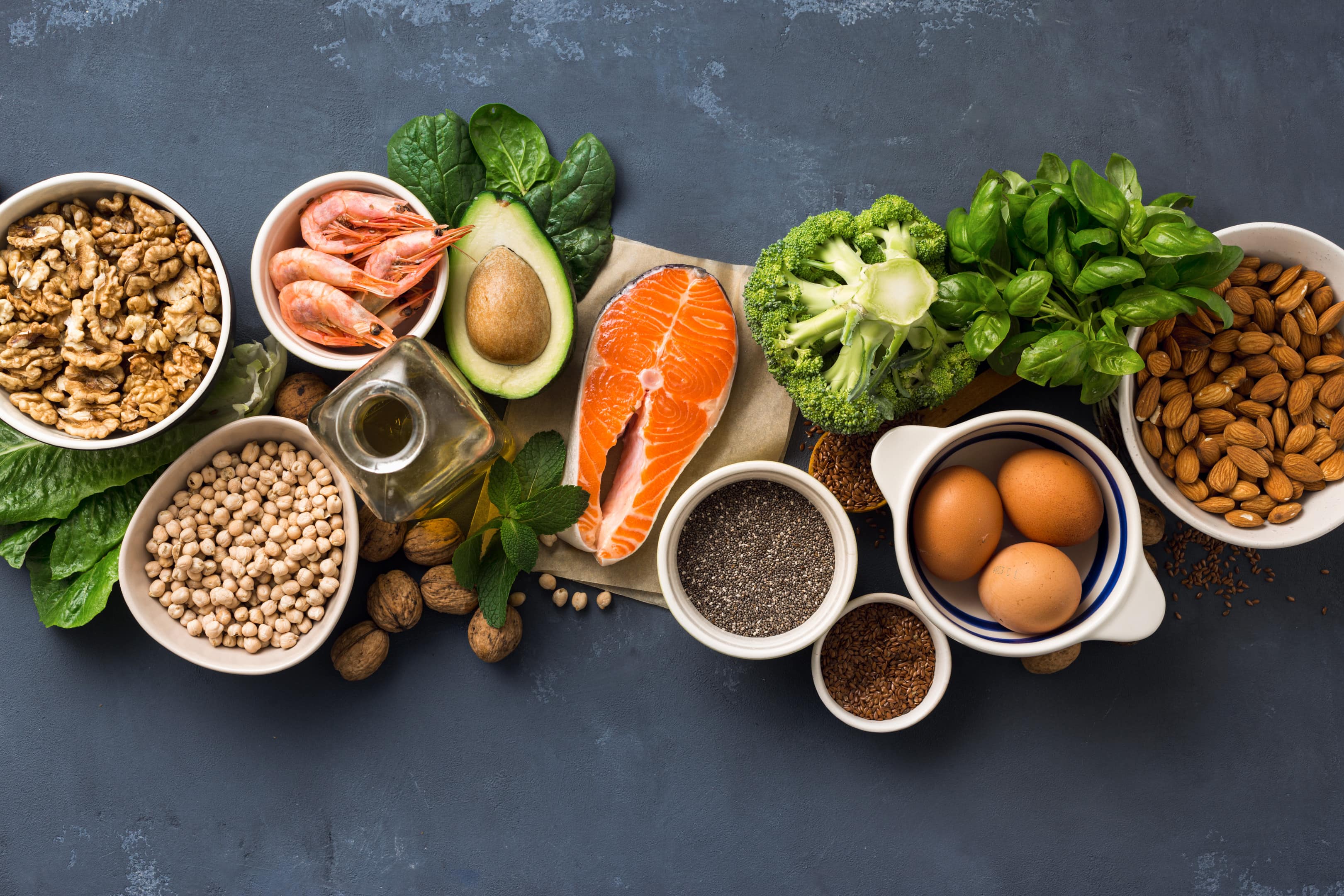
As you are ill and anorexic, so in the beginning, you may prefer to eat high energy, high protein, and high fiber diets. You should take small meals at frequent intervals. Also, you can gradually switch to recommend diet and nutrition as prescribed by physicians, dieticians, and endocrinologists.
After consulting your dietician and endocrinologist, you will get plenty of suggestions of what foods to be included, what foods to avoid, and what foods to be strictly restricted. They might suggest for you to be on a calcium-rich diet and vitamin D supplements.
Hyperparathyroidism is a treatable situation. But maintaining a healthy diet will surely adjust the calcium level in your body.
Diet will help you to strengthen your overall health. It will restrict the signs and symptoms if you maintain a healthy diet in the long term. A balanced and proportional diet will reduce the complications from the root of the disease. But, all the above, you should take all the advice either from a dietician or a physician. Also, you will have to adapt plenty of healthy food habits to get rid of this disease.
You have numerous good food choices. Your dietician will most likely prescribe all of the following foods. Let’s have a look at them.
The specific measures that you might implement to fight hyperparathyroidism
- Green leafy vegetables are the first and foremost part of a healthy diet. Green and leafy vegetables such as cabbage, okra, broccoli, and the like.
- Eat whole-grain bread (fortified flour) as it will provide enough fiber, which will prevent constipation and facilitate bowel elimination.
- If you are a vegan, you can eat tofu, as it is a good protein source, and if you are a nonvegetarian, you can eat lean meat instead of red meat.
- Add lemon juice to your diet as calcium is better absorbed in an acidic environment.
- Salmon
- Spinach, as it is high in oxalates
- Beans (white beans and lentils)
- Sweet potatoes
- Oats
- Sunflower seeds
- Apricot, dried figs, prune
- Healthy cooking oil such as coconut oil or olive oil
- High fiber diet
- Drink plenty of water throughout the whole day ( at least 6-8 glasses of water)
- Daily intake of a multivitamin must contain antioxidants like vitamins A, C, E, and minerals like calcium, magnesium, and zinc.
- Vitamin D
You must not eat anything without consulting a dietitian. Maintaining a healthy diet with this disorder is as crucial as breathing air in your lungs. Recommended nutrition and proper diet are necessary. You have to strictly follow the recommended foods which your dietitian or endocrinologist has prescribed. Nothing is good in excessive quantities, and this applies to diet as well.
What foods should be avoided if you have hyperparathyroidism?
The food we eat impacts our health, so it is important to have a healthy diet. In the case of hyperparathyroidism, then it’s highly recommended that you take the guidance of your physician or dietician and plan your diet accordingly. What foods should you avoid?
1. Alcohol

The consumption of alcohol can cause severe damage to the thyroid hormone levels in the body and also lower the ability to produce thyroid hormones, as per a study of the Indian Journal of Endocrinology and Metabolism. Alcohol consumption may have a toxic effect on the thyroid gland and reduce the body's ability to use the thyroid hormones. Also, the cortisol level increases with the high consumption of alcohol, decreasing bone formation, and increasing bone breakdown. Ideally, people having thyroid issues must avoid alcohol consumption completely.
2. Smoking
Smoking lowers the level of Vitamins D, lowers bone mineral density, and also increases the risk of bone fractures at an old age. It might be because smokers have a lower intake of calcium and a high level of secretion of calcium in the urine. This harms calcium balance, which will, in turn, cause an increase in the serum parathyroid hormone. Additionally, smoking may compromise the appropriate diagnostic evaluation of hyperparathyroidism. It is unknown whether smoking in primary hyperparathyroidism may affect the indication of surgery or fracture risk.
3. Refined flour
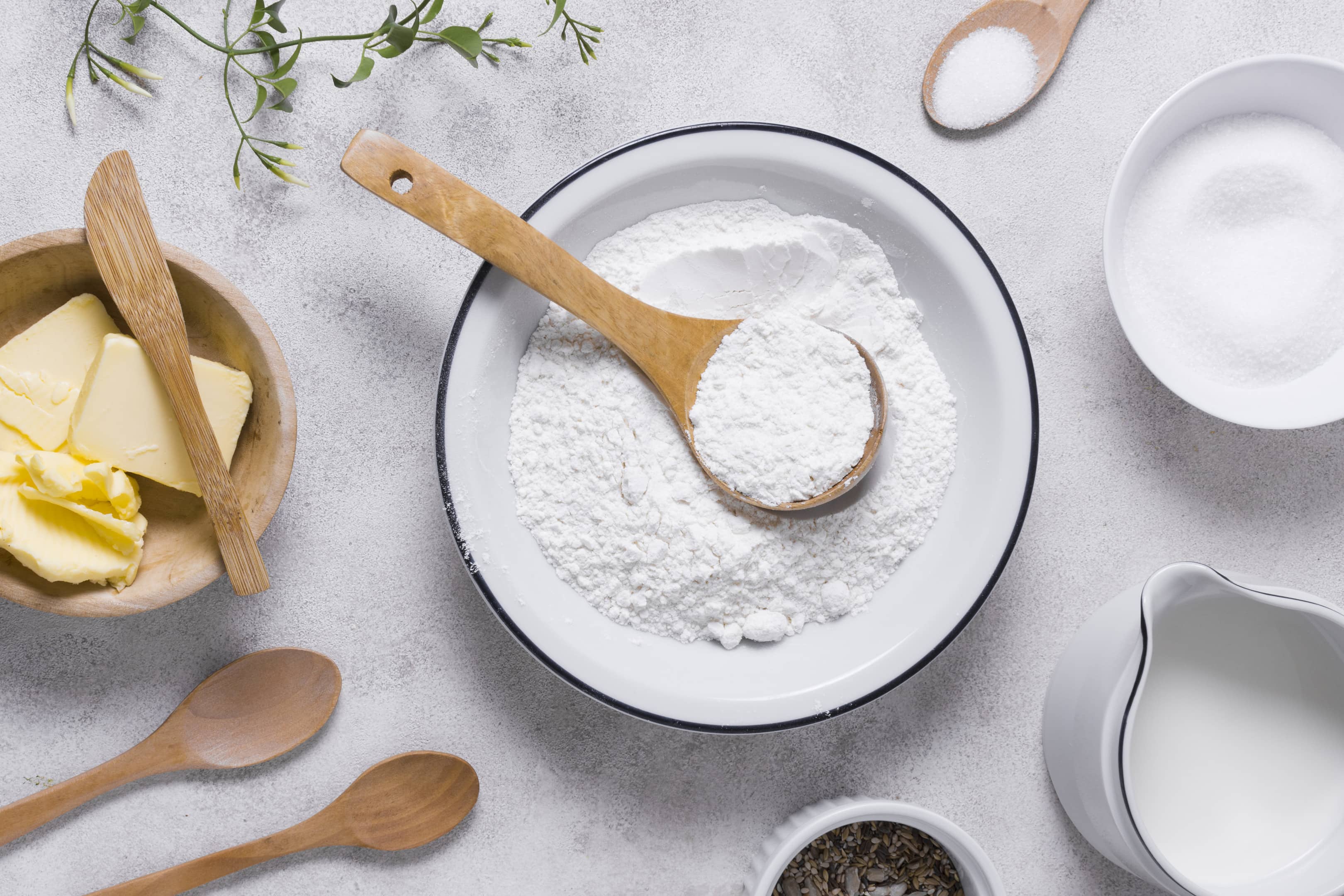
People suffering from hyperparathyroidism must avoid refined flour and all the products made using refined flour because it is harder to digest and has a low nutritional value. Food products made with refined flour contain a high glycemic index, which is harmful to the blood sugar level and the hormones. Therefore, food items made with refined flour like white bread, pasta, cereals, and snacks should be replaced with whole-grain bread, wheat bread, barley, or other whole grain products. You must avoid refined flour if you think you have hyperparathyroidism.
4. Refined sugar
Similar to the refined flour, the food items made using refined sugar should be avoided. In addition to refined sugar, all the products that contain forms of sugar should be avoided such as sugarcane, corn syrup, maple syrup, fructose, and dextrose. Sugars also increase the calorie count and glycemic index of food and slow down hyperparathyroidism recovery. Because it satisfies our hunger, it leaves no space for the vegetables or salads that are beneficial for our bodies. Therefore sweets like jams, cakes, donuts, cookies, pastries, candies, and carbonated drinks should be replaced with no-sugar-added snacks.
5. High iodine food
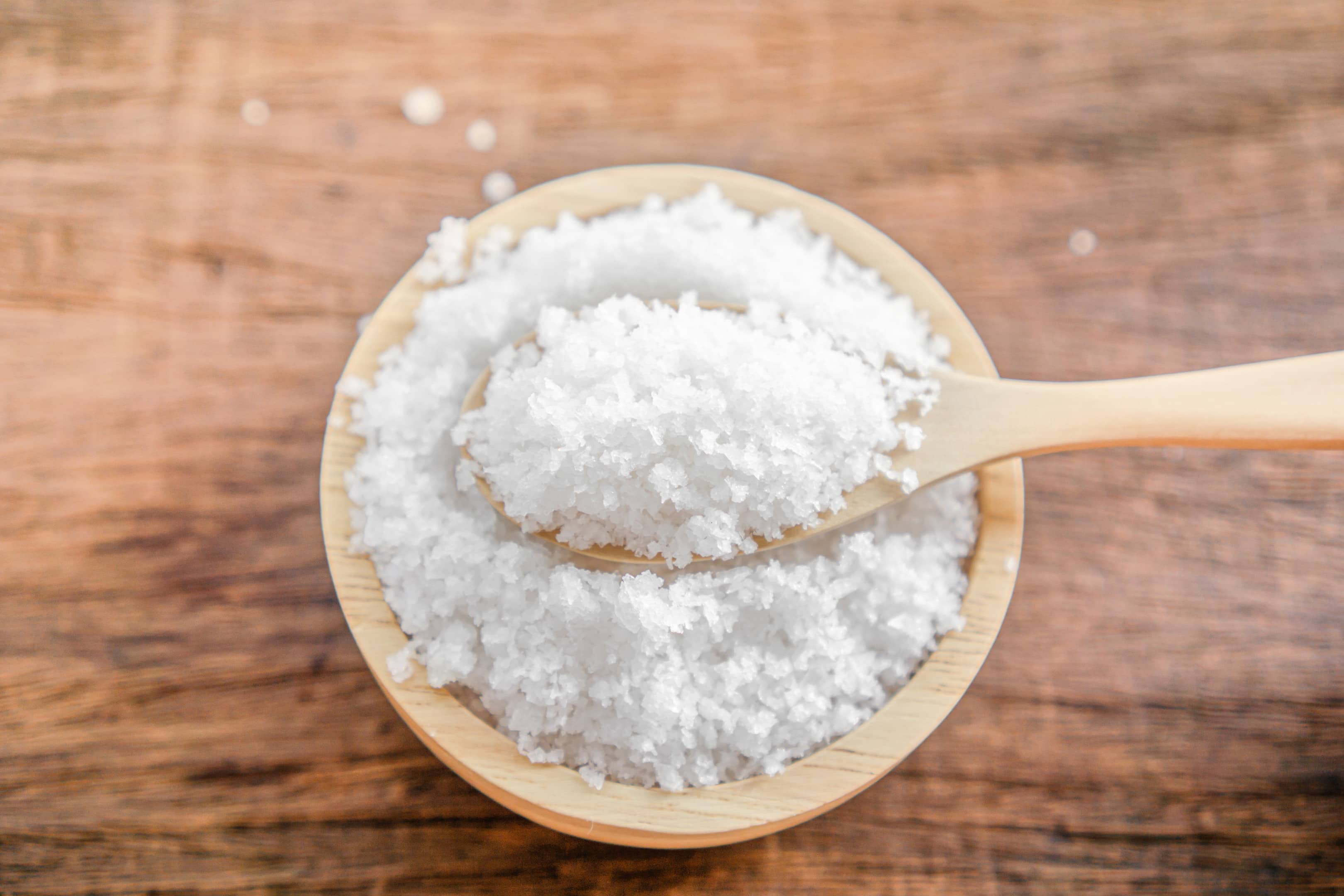
Iodine is a mineral found mainly in salt and also in other food items. Eating excessive amounts of iodine worsens hyperparathyroidism because it increases the activity of the thyroid glands. People suffering from hyperparathyroidism must limit the intake of food items such as fish, prawns, crabs, sushi, egg yolks, for example.
6. Red meat
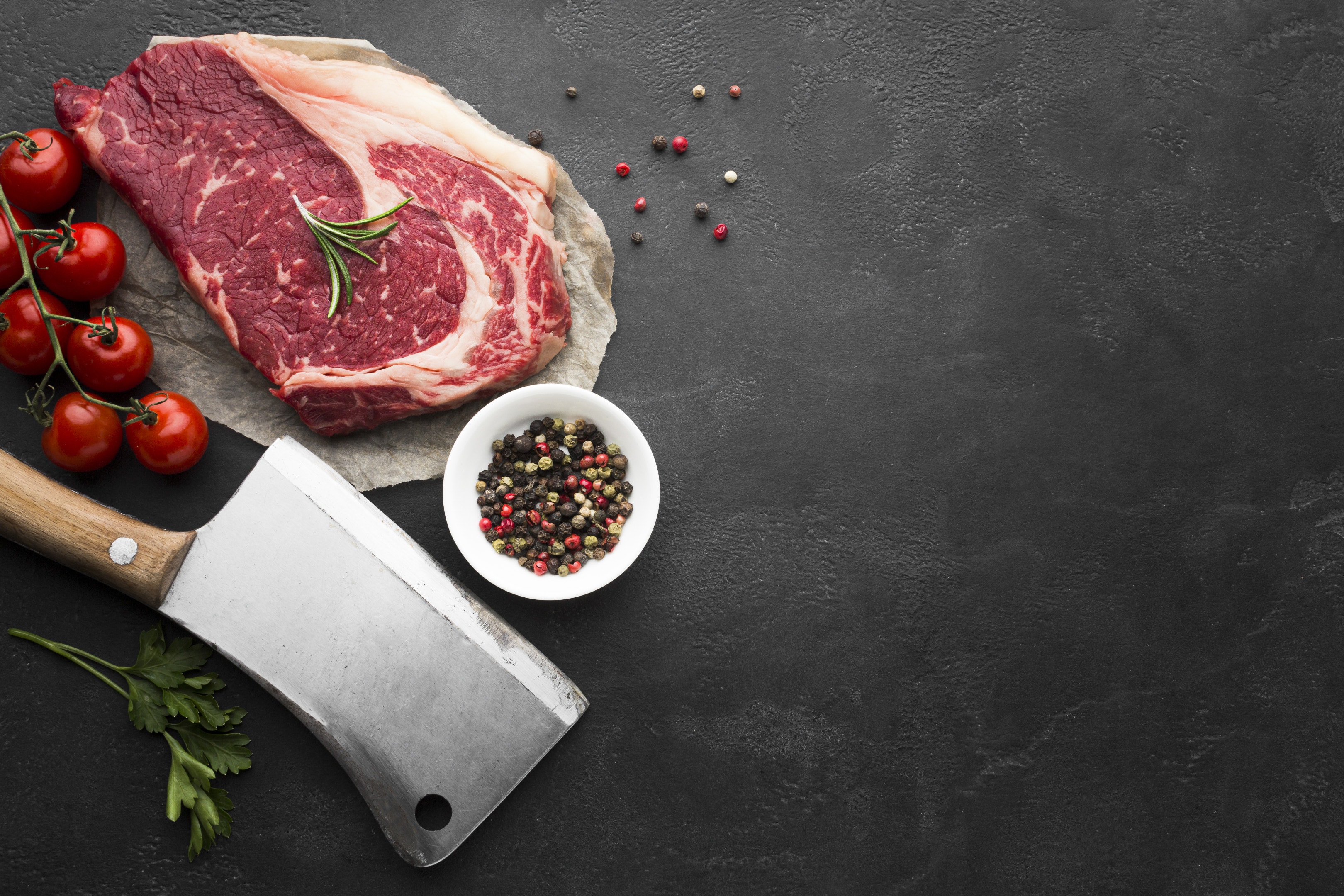
Red meat offers high levels of saturated fats and cholesterol, causing heart disease and type II diabetes. It is also known as an inflammatory food, as it can cause inflammation in the body if it is consumed for a long time. Therefore, it is advised to avoid red meat if you think you have hyperparathyroidism. You can substitute red meat with a lean protein food like tuna, salmon, and beans.
7. Allergic food
You should not consume food items that you are allergic to as it can worsen your hyperparathyroidism. If you are not aware of which food type you are allergic to, you should consider a food allergy test, especially if you notice some of its symptoms on your own like skin rashes, abdominal cramps, diarrhea, or difficulty in breathing. Grave's disease is an autoimmune disease that can trigger hyperparathyroidism if allergic food items are consumed. Therefore, it is advised to avoid allergic food items and replace them with healthy ones that help to prevent hyperparathyroidism.
8. Hydrogenated vegetable oil
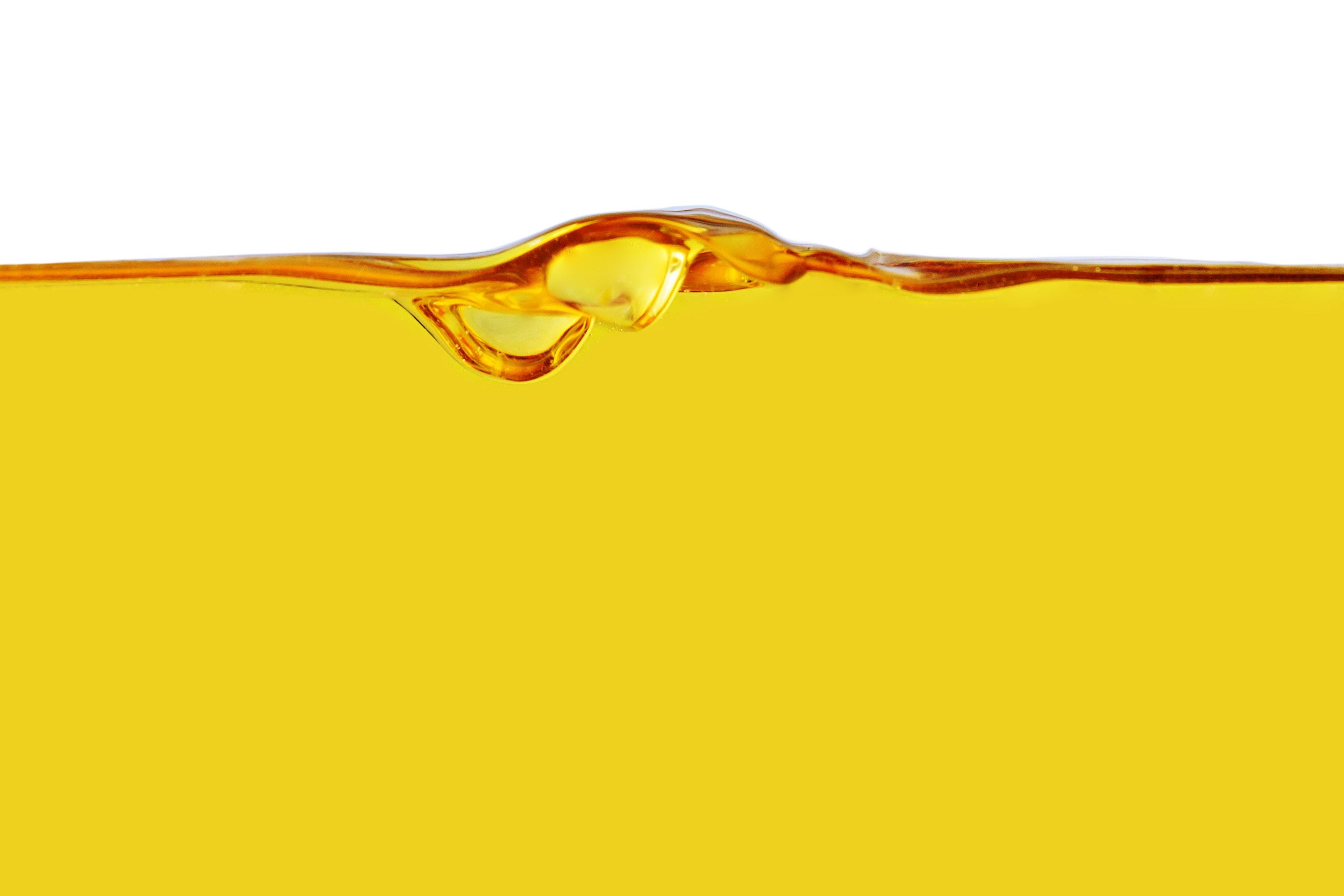
Hydrogenated vegetable oil is used mainly for making commercial food items like crackers, cookies, onion rings, pie crust, and the like. This oil is the source of trans fat, which decreases the good cholesterol in the body and increases hyperparathyroidism symptoms. So, it's better to avoid these foods if you think you have hyperparathyroidism.
9. Food containing nitrates
Nitrate is the chemical that makes your thyroid absorb excessive iodine, leading to enlarged thyroids and hyperparathyroidism. Nitrates are usually found in natural food items, and processed food may contain some additional nitrate.
10. Caffeine

Excessive caffeine consumption is harmful to our health, but it is worse for the people suffering from hyperparathyroidism as it can cause palpitations, insomnia, tremors, and even anxiety. It is advised to avoid all the drinks that contain a high amount of caffeine like tea, coffee, soda, chocolate, and energy drinks.
Conclusion
The main objective of a health-specific diet is to normalize the body's level of calcium and phosphorus. Moreover, maintaining a proper diet is just like maintaining a good habit. It's as important as maintaining a healthy diet to build one. But when the same proper diet is continued for a prolonged period, it will surely provide you with a healthy life with a sound body.
Hyperparathyroidism requires lifelong treatment, but following a strict diet rich in calcium can ensure reduced risks. Consult with an endocrinologist and a dietician because they can guide you properly by recommending foods to be included and what foods to avoid if you have hyperparathyroidism.






